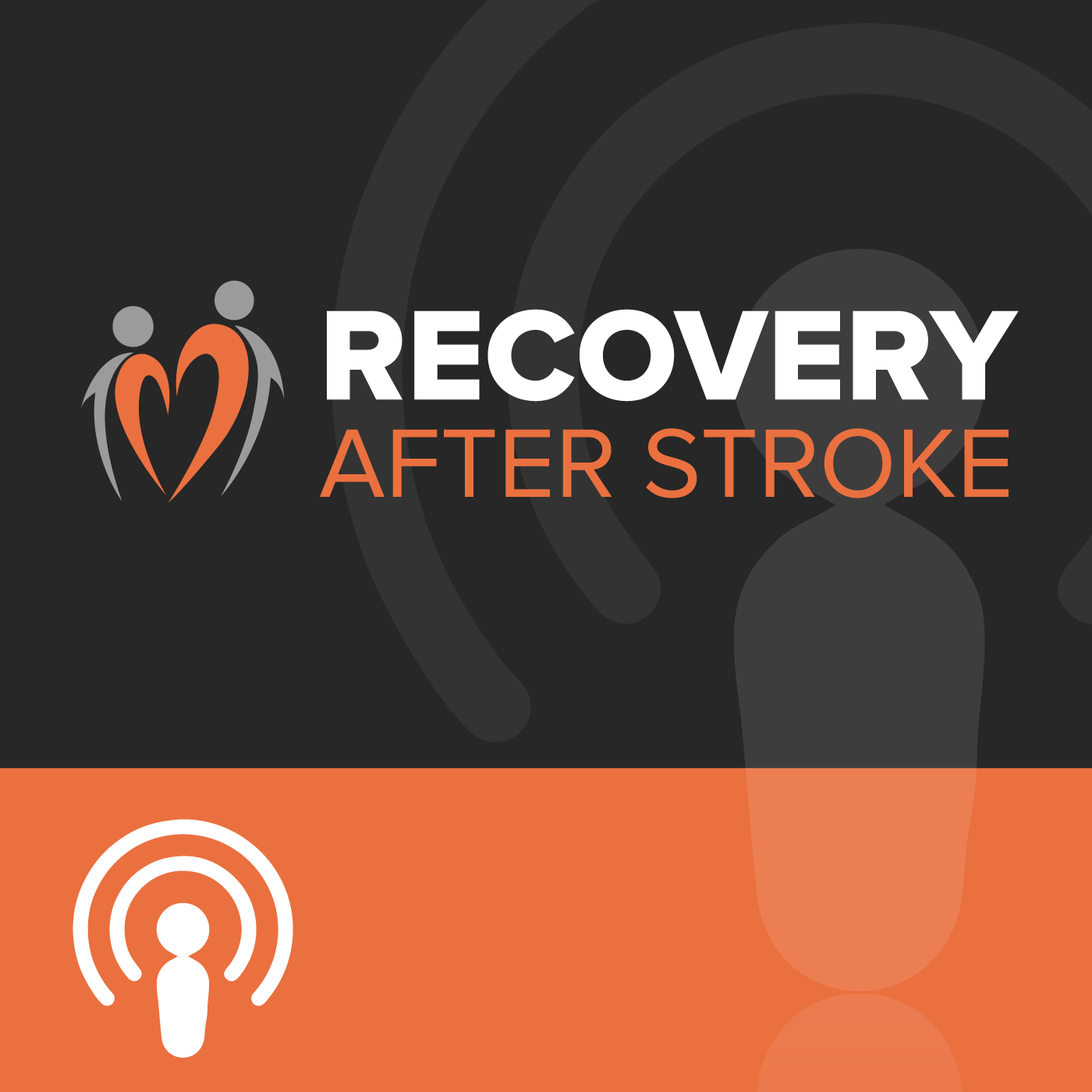- After-Shows
- Alternative
- Animals
- Animation
- Arts
- Astronomy
- Automotive
- Aviation
- Baseball
- Basketball
- Beauty
- Books
- Buddhism
- Business
- Careers
- Chemistry
- Christianity
- Climate
- Comedy
- Commentary
- Courses
- Crafts
- Cricket
- Cryptocurrency
- Culture
- Daily
- Design
- Documentary
- Drama
- Earth
- Education
- Entertainment
- Entrepreneurship
- Family
- Fantasy
- Fashion
- Fiction
- Film
- Fitness
- Food
- Football
- Games
- Garden
- Golf
- Government
- Health
- Hinduism
- History
- Hobbies
- Hockey
- Home
- How-To
- Improv
- Interviews
- Investing
- Islam
- Journals
- Judaism
- Kids
- Language
- Learning
- Leisure
- Life
- Management
- Manga
- Marketing
- Mathematics
- Medicine
- Mental
- Music
- Natural
- Nature
- News
- Non-Profit
- Nutrition
- Parenting
- Performing
- Personal
- Pets
- Philosophy
- Physics
- Places
- Politics
- Relationships
- Religion
- Reviews
- Role-Playing
- Rugby
- Running
- Science
- Self-Improvement
- Sexuality
- Soccer
- Social
- Society
- Spirituality
- Sports
- Stand-Up
- Stories
- Swimming
- TV
- Tabletop
- Technology
- Tennis
- Travel
- True Crime
- Episode-Games
- Visual
- Volleyball
- Weather
- Wilderness
- Wrestling
- Other
Survival Chances After Stroke with Patrik Hutzel
Patrik Hutzel from the intensive care hotline interviews Bill Gasiamis about the survival chances after a stroke. Intensive care at home<br /> Twitter<br /> Intensive care hotline Highlights: 02:26 Introduction<br /> 08:40 Bill’s stroke recovery story<br /> 13:31 What’s the next step?<br /> 16:46 Knowing when to push back<br /> 22:13 The importance of nutrition in stroke recovery<br /> 26:26 Age discrimination in stroke treatment<br /> 35:46 The seven questions to ask your doctor<br /> 41:32 The difference between a stroke victim from a stroke survivor<br /> 44:32 Why the stroke is the best thing that ever happened<br /> 54:44 You’re not alone Transcript: Patrik Hutzel 0:00<br /> I’ll read out the comment from Laurie here who says, I’m four years post hemorrhagic stroke and never recovered. Also, I consider myself a stroke victim, not a survivor. Bill Gasiamis 0:11<br /> That’s a really important distinction to make. So, if you’re a stroke victim, you’re in a situation where you’re allowing what happened to you, to impact you in a negative way and only in a negative way. If you’re a stroke survivor, you’ve already overcome one thing, you didn’t die from the stroke and as a survivor, you are then guided to help you look for solutions to problems because that’s what we generally need to be. Bill Gasiamis 0:42<br /> Stroke creates many, many, many problems. If you always focus on problems, you will get more problems. If you focus on solutions to problems, you will get more solutions. As a survivor, a survivor needs to focus on solutions. Victim will not be able to change their mindset to focus on solutions, they will focus on all the reasons why this happened to them. What did I do wrong in a past life? Why has God punished me? None of that is useful for improving your outcomes for a good recovery. Intro 1:23<br /> This is the Recovery after Stroke podcast. With Bill Gasiamis, it is helping you navigate recovery after a stroke. Bill 1:37<br /> Hello, and welcome to the Recovery after Stroke podcast. If you are a stroke survivor with a story to share about your stroke experience, now’s the perfect time to join me on the show. The interviews are not scripted, you do not have to plan for them. Bill 1:49<br /> All you need to do to qualify is be a stroke survivor who wants to share your story in the hope that it will help somebody else who is going through something similar. Also, by sharing your story you feel better about your situation, you get something off your chest, and it does help to improve your case and your recovery. Bill 2:09<br /> If you are a researcher who wants to share the findings of a recent study, or you are looking to recruit people into studies, you may also wish to reach out and be a guest on my show. If you have a commercial product that you would like to promote, there is a path for you to join me on a sponsored episode of the show. Introduction – Patrik Hutzel Bill 2:26<br /> Just go to recoveryafterstroke.com/contact, fill out the contact form and briefly explain which category you belong to. And I will respond with more details about how we can connect via Zoom. Now today’s episode is a little different. Bill 2:42<br /> Instead of me being the interviewer I am being interviewed by my friend and ICU nurse Patrik Hutzel. Patrik operates the advocacy service for people who have loved ones in the ICU called the intensive care hotline. He supports people from all over the world who need to have difficult conversations with medical professionals when a loved one ends up in the ICU. Patrik Hu

